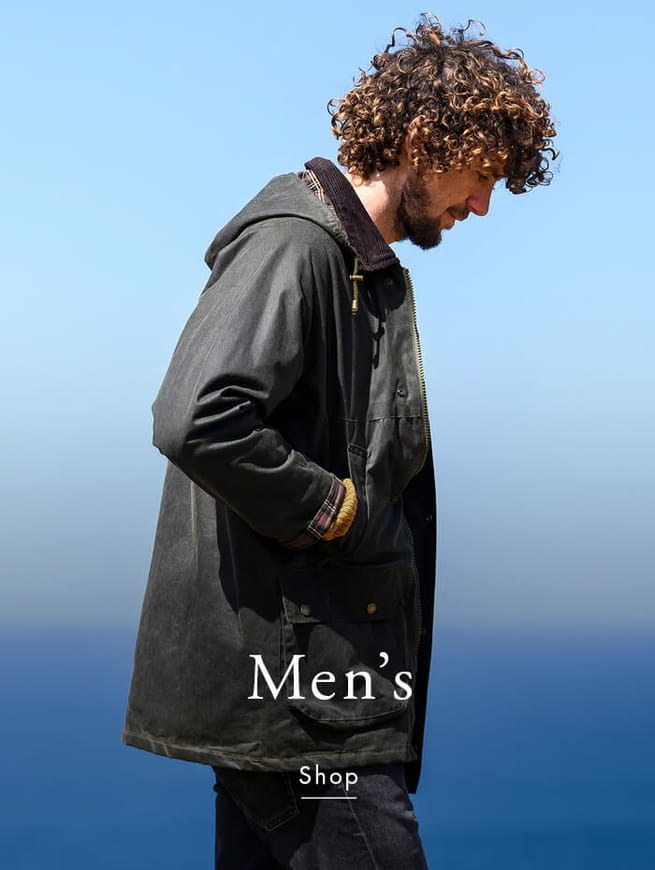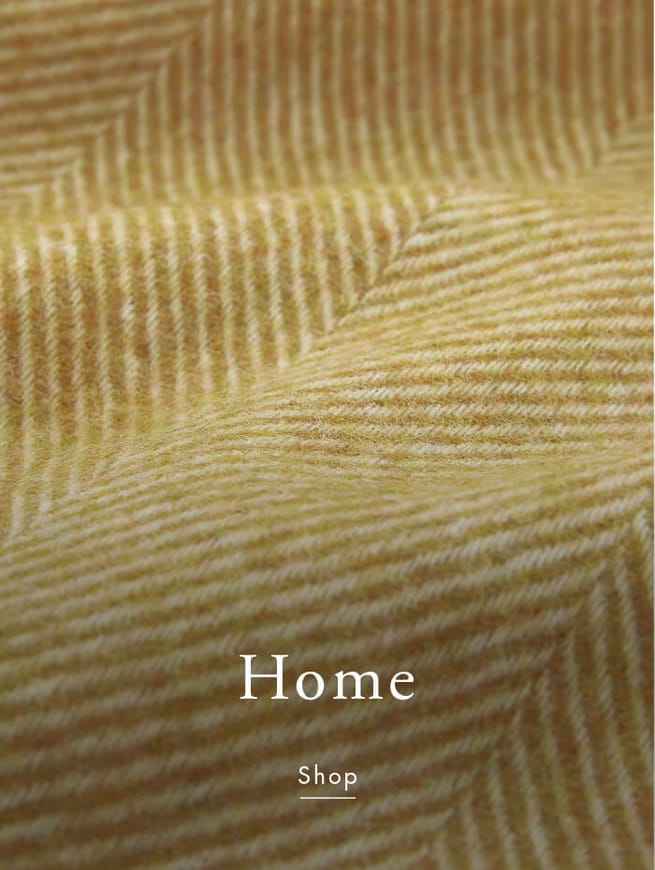Celtic Cornwall: discover the Celtic culture and history of Cornwall
When Celtic & Co was born, we wanted it to reflect Cornwall's Celtic traditions. Shearling, wool and linen are some of the oldest materials used for footwear and clothing, and they were widely used and traded by the Celtic nations. It may come as a surprise to many, but Cornwall has a distinct history that differs from the rest of England. Cornwall, or Kernow as it's known in Cornish, has a unique Celtic heritage and is considered one of the ‘Celtic nations’. The Celtic nations are made up of Wales, Ireland, Scotland, Isle of Man, Brittany and Cornwall; some lists also include Galicia and Asturias in North West Spain. These two Spanish autonomous provinces share in the Celtic culture, but the Galician language does not come from the same language family as other Celtic languages.
History of Celtic Cornwall
Cornwall has historically, culturally and linguistically had closer ties to the Celtic lands of Wales, Brittany and Ireland. Up until the 16th and 17th centuries, Cornish was the main language spoken by its inhabitants, but as the years passed and huge change came to the county, the language started to die out.
The Celtic tribes who inhabited what is known as Cornwall were called the Dumnonii and Cornovii. These tribes lived in Cornwall between the Iron Age and the Post-Roman period. During the Anglo-Saxon invasion, the Celtic culture and language were repressed, and this part of the country became more angelized. The name Cornwall is thought to derive from tribe Cornovii. However, in Old English, the language is spoken by the Saxons, the Cornish were often referred to as 'Westwalas' (West Welsh). They often wared with the Saxons and in 936 the River Tamar became the formal boundary and even long after this boundary fell, the Cornish were seen as sperate and protective of their district heritage.
There are some Celtic customs that have survived the centuries such as the ‘Obby ‘Oss Festival in Padstow and Cornish hurling. The ‘Obby ‘Oss Festival features two processions making their way down the streets of Padstow on hobby horses. Cornish hurling, which involves two teams known as ‘countrymen’ and ‘townsmen’ trying to keep possession of a silver ball, is still played once a year in St Ives and St Columb Major.
Cornish Language
The Cornish language is descended from the common Brittonic language, which was spoken throughout much of the UK. It is very similar to Welsh and Breton (the Celtic language of Brittany) and most native or fluent speakers of these two languages are able to understand some Cornish. However, there are distinct differences in the alphabet, the Cornish alphabet has the exact same letters as the English one, while Welsh does not use ‘K’, ‘Q’, Z or V and unlike Welsh or Breton, Cornish does not use letters that include two characters such as Ll and Ch.
As mentioned above the Cornish language went into steep decline in the 16th and 17th Centuries. The biggest blow to the language came when the English Reformation brought in a raft of changes which included a law that made English the language of the church. This was opposed by many of those living in Cornwall, and in 1549 when the Book of Common Prayer was issued, the county rebelled.
The rebellion became known as the ‘prayer book rebellion’ and it was viciously put down with over 4,000 people losing their lives. The translation of the Book of Common Prayer was also suppressed and unlike in Wales, a complete Bible translation never happened.
Now, Cornish is only spoken by a few thousand people, with only around 300-400 people speaking it fluently. Cornwall County Council has recently put in place a strategy to help revive the language, which includes bilingual signage, encouraging nurseries and primary schools to teach it and helping to stage Cornish language events. Cornish is also recognised by the UK government under the European Charter for Regional or Minority Languages.
Cornish Language Revival
The late 20th century and early 21st century has seen a revival of the Cornish language. This revival has been most prominent in music with Cornwall’s biggest music festival, Boardmasters, promoting the language with Cornish lessons and giving space to Cornish songs to be played. In 2017, folk-punk singer Frank Turner, who hails from Hampshire, sang in Cornish at the festival. Welsh-Cornish singer Gwenno Saunders has also released songs in Cornish. Techno artist Richard D. James, also known as Aphex Twin, names many of his tracks in Cornish. The best place to hear Cornish music is probably the Cornish Folk Festival.
Local businesses have also helped with the Cornish revival. Boardmasters have created a Cornish website and ice cream makers Kelly’s of Cornwall have produced a national TV ad in Cornish. Also, some food producers have branded their products with Cornish words, with a bakery calling themselves the Popti Cornish bakehouse (popti meaning bakery or oven) and vineyard Polgoon also naming their products using Cornish words.
For more on how you can learn Cornish visit the Go Cornish site, but for now, here's a start:
Hello – Dudh da
Good morning - Myttin da
How are you - Fatla genes
Ok, Thanks - Da lowr, meur ras
Nos da – Goodnight
Welcome – Dynerghi
Please -Mar pleg
Thank you- Meur ras
Wool-Gwlan
Sheep – davas
Slipper – pawgen












